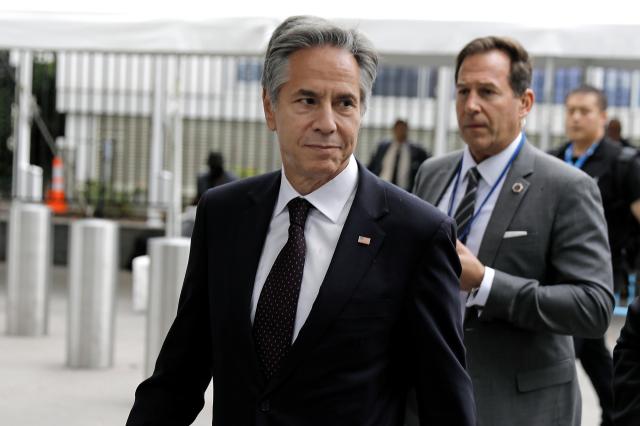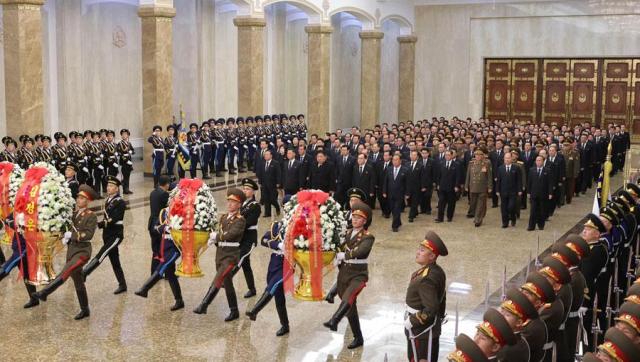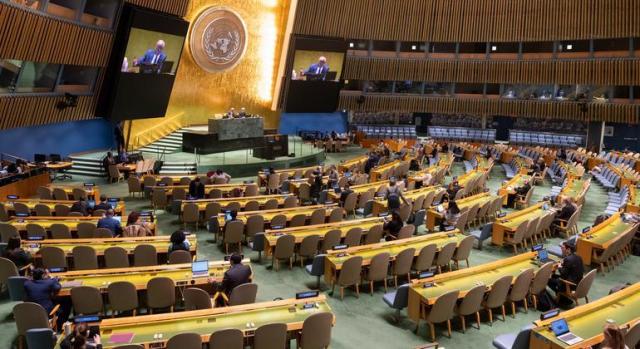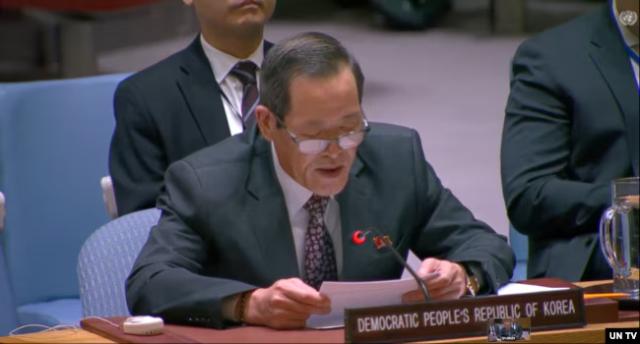Despite ongoing diplomatic efforts at the UN, the conflict between Israel and Hezbollah risks spiraling into full-scale war.
UN diplomats have been holding discussions on various global issues, while Lebanon's Prime Minister Najib Mikati has called on the UN and influential countries to intervene in what he termed a "war of extermination" by Israel. However, key Israeli allies, including the U.S., have responded with limited criticism of Israel's actions. Israeli Prime Minister Benjamin Netanyahu has defended the strikes, stating that Israel’s target is Hezbollah, not the Lebanese people.
The UN's peacekeeping mission in Lebanon, Unifil, expressed deep concern over civilian casualties and warned that the attacks could violate international law, potentially amounting to war crimes. Unifil continues to work with both Lebanese and Israeli officials to reduce tensions and prevent further escalation.
As the General Assembly begins, U.S. President Joe Biden is expected to address the UN, calling for efforts to prevent a wider regional war. His speech marks his last appearance at the UN as U.S. president, amid strained diplomatic relations with Gulf states like Saudi Arabia and the UAE over U.S. support for Israel. Both nations have insisted they will not support Gaza's postwar reconstruction unless it leads to an independent Palestinian state.
Other prominent world leaders, including French President Emmanuel Macron and U.K. Labour leader Keir Starmer, are also attending the assembly. Discussions on reforming the UN Security Council are expected, but resistance from permanent members like Russia and China may stall progress.
Copyright ⓒ Aju Press All rights reserved.




